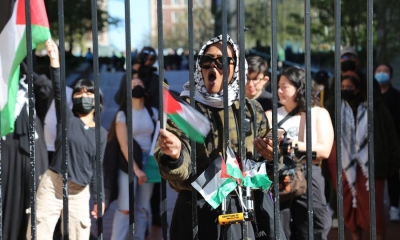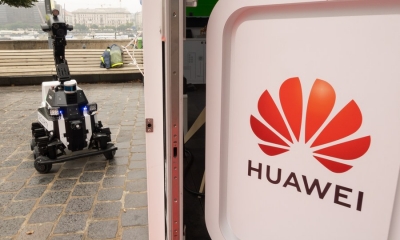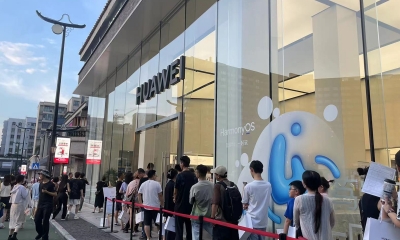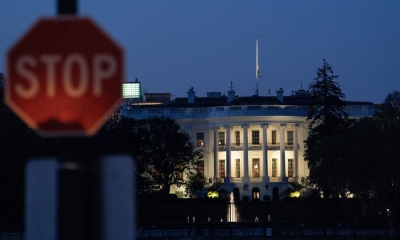World University Games a Reminder of a Shared Future
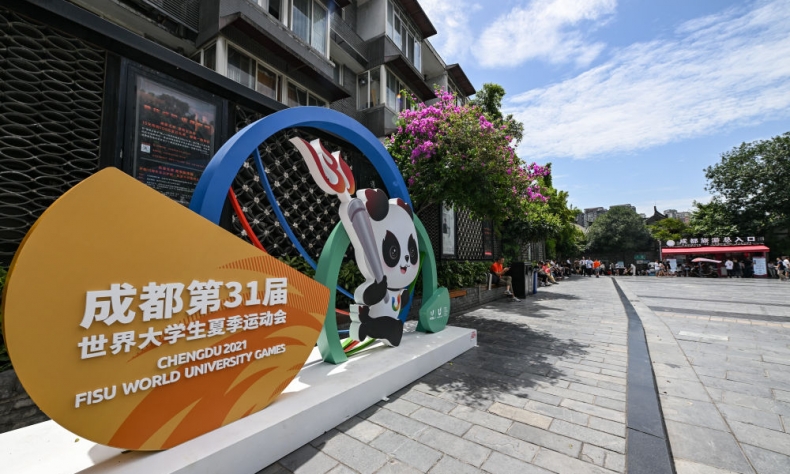
We, regardless of the country we call home, should hope the spirit of a community with a shared future inspires them.
The latest Summer World University Games begin on July 28 and run through August 8. They take place in Chengdu, which becomes the third Chinese city to host the event. Beijing was the host in 2001, and 10 years later Shenzhen welcomed athletes from all over the globe.
An estimated 8,000 student-athletes from more than 150 countries will compete in well over a dozen different sports in Chengdu. They attend colleges big and small from all over the world, and their homes can be found in every corner of the planet. Their talents are obvious. Their enthusiasm for sport is equally apparent. They are ambassadors for their countries, their colleges and their sports. They deserve our applause.
Granted, the World University Games lack the global prestige of the Olympics, and the 2023 Games will overlap much of the Women’s World Cup soccer/football tournament. But make no mistake, the World University Games matter, especially when you remember that the Winter World University Games also take place every two years.
China speaks often about the vision for a community with a shared future. The Chinese say that such a future is possible when prosperity is shared and a common development is promoted. The phrase carries such relevance in China that it was added to the preamble of the country’s Constitution in 2018.
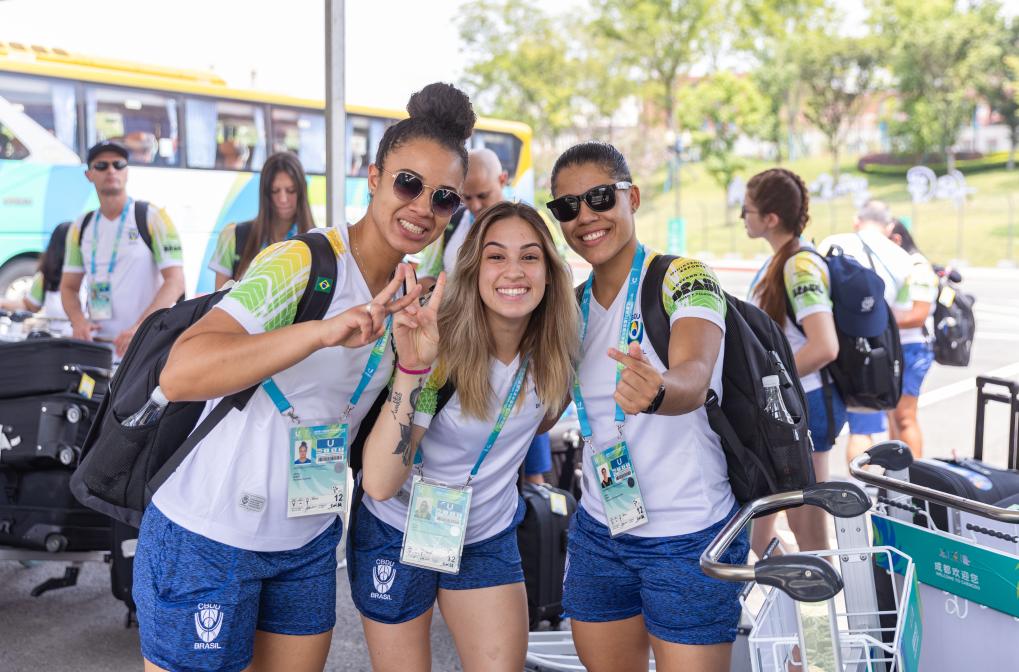
Leaders and private citizens embrace a community with a shared future when they refuse to adopt hegemonic or off-putting attitudes; rather, they want dense and complex interactions with peoples from across the globe so that challenges such as climate change, to name just one, can be addressed. To draw a metaphor often mentioned by Chinese President Xi Jinping, the world is a safer place when one large ship, not 190 different boats, seeks shelter from a storm. And recent history has provided many storms: COVID and other viruses or diseases; persistent evidence of global warming; endemic racism and hatred of people who do not share the same religious or ethnic background; wars that have failed to spread political ideologies; inequity in education and more.
Earlier this year, Li Qiang, Premier of the State Council of the People’s Republic of China, spoke to an audience at the annual Boao Forum. Premier Li addressed a community with a shared future when he said, “We need to work together to build an anchor for world peace, a source of impetus for global growth, and a new pacesetter for international cooperation, to add certainty to world peace and development and shape a better future for humanity.”
College students, whether they are from China, the United States or somewhere else around the globe, are the future. They will soon inherit leadership of countries big and small, business new and old, sports teams famous and not-so famous, and much more. It is incumbent on our generation to keep the doors of friendship wide open and to allow these future leaders to see why a handshake matters more than a fist. International sports competitions, perhaps most especially when the participants are student-athletes, provide an incredibly powerful example of how wanting to succeed need not be associated with disrespecting others.
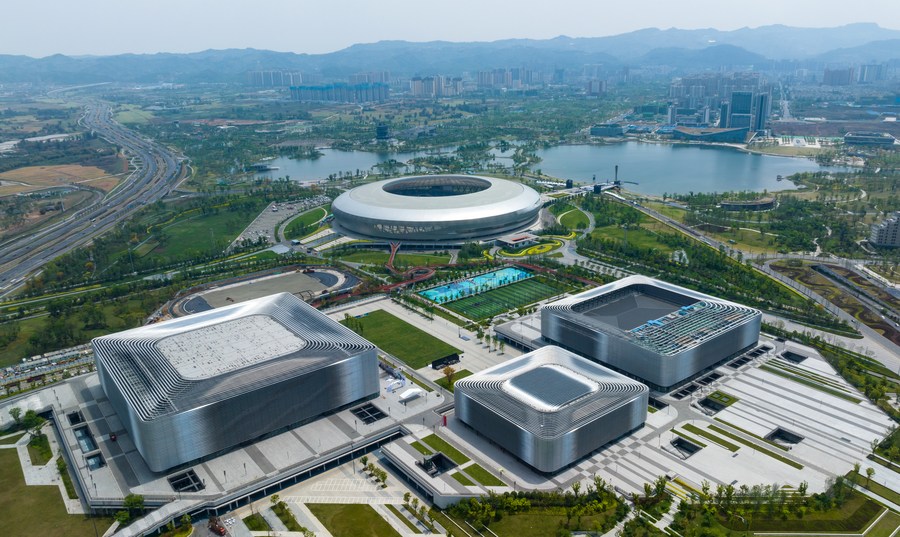
And, yes, those of us in higher education have a special obligation to ensure open doors. It is during those few precious years of college when students often initially meet fellow students from places all over the globe. They experience different cultures, different tastes, different traditions. If my faculty colleagues and I contribute positively, we advance the possibility for these students to enter the professional world as global citizens, who are individuals determined to tackle the world’s most vexing problems with a can-do spirit and a commitment to welcome the ideas of people from all over the globe. Global citizens know that no one country and no single population has all the answers. They know that input from the largest of cities and the smallest of towns can unlock the best strategy to make our world a better place.
At the World University Games, a precious few of the student-athletes will win their event. In the short term that will represent a lifelong accomplishment for that young man or woman. But those moments of friendly interaction with their opponents matter much more. In a small way, as they laugh with each other while sharing a cold drink or a warm meal, they are adding another block to the foundation of their community with a shared future.
The student-athletes at Chengdu will experience firsthand Chinese culture, history and traditions over the next couple of weeks. And they will have a chance to visit adorable pandas in Chengdu which is one of homes to researching and breeding giant pandas. They will also see what a community with a shared future means for the Chinese people and why that concept can have such influence throughout the remainder of this century. We, regardless of the country we call home, should hope the spirit of a community with a shared future inspires them.
The article reflects the author’s opinions, and not necessarily the views of China Focus.
 Facebook
Facebook
 Twitter
Twitter
 Linkedin
Linkedin
 Google +
Google +




